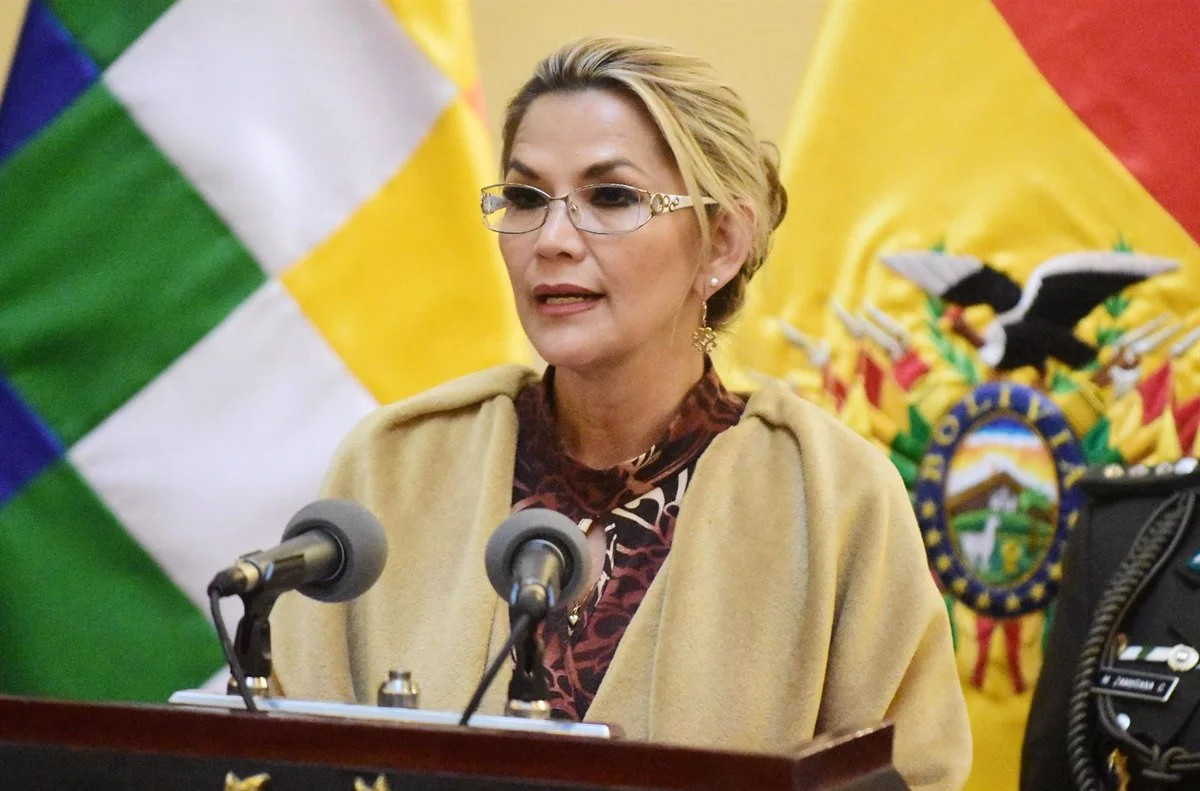Bolivia’s Supreme Court recently upheld the 10-year prison term for former President Jeanine Áñez.
The court rejected her appeal against the initial June 10, 2022 ruling. This ruling convicted her for violating constitutional duties and laws.
The decision came after her unsuccessful appeal to the La Paz Departmental Court of Justice. The Supreme Court’s confirmation now marks the final say in this legal battle.
Justices Olvis Égüez and Edwin Aguayo, nearing their term’s end, issued this crucial resolution.
They acted ahead of their reappointment, guided by a constitutional declaration.

Áñez’s lawyer, Alain De Canedo, now seeks international intervention, possibly from the United Nations or the Organization of American States.
Áñez is serving her sentence in La Paz’s Miraflores women’s prison. She was found guilty of unlawfully seizing power after Evo Morales’s resignation.
However, these charges’ legitimacy and the trial’s fairness have been subjects of international debate.
Critics and analysts are calling for a deeper review of Bolivia’s legal system, questioning the fairness of trials and charge legitimacy.
Apart from this case, Áñez faces other legal challenges. One is the “Coup d’État I” case for alleged sedition and terrorism, set for trial in 2024.
Another involves her relative’s questionable appointment to a state-run food company.
Politically charged atmosphere
These multiple legal proceedings occur within a politically charged atmosphere.
Áñez’s ascent to power and subsequent legal troubles have deepened the political divisions within Bolivia.
Understanding the broader political context is crucial for comprehending the case’s full implications.
The Supreme Court’s decision affects Áñez and sends a broader message about upholding legal and constitutional norms amidst these political tensions.
As Bolivia navigates these turbulent legal waters, the international community watches closely, anticipating the implications for the country’s democratic and judicial processes.
The case is a flashpoint in Bolivia’s ongoing debate over justice, political accountability, and the rule of law.

